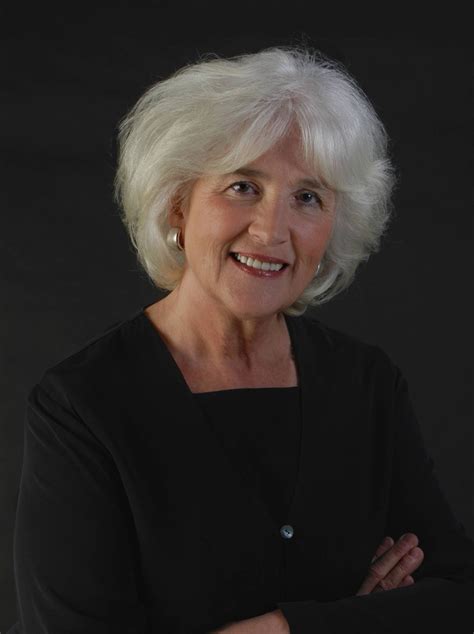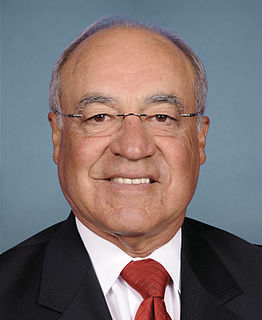A Quote by Gurinder Chadha
I know it sounds really weedy, but we are all children who seek approval from our parents.
Related Quotes
To seek approval is to have no resting place, no sanctuary. Like all judgement, approval encourages a constant striving. It makes us uncertain of who we are and of our true value. Approval cannot be trusted. It can be withdrawn at any time no matter what our track record has been. It is as nourishing of real growth as cotton candy. Yet many of us spend our lives pursuing it.
Don't seek approval. This may be the toughest suggestion for you to follow -- and the most important. Whether you'te a teenager seeking approval from your peers, a middle-aged parent seeking the approval of your kids, or a man or woman seeking the approval of a partner, it all amounts to the same thing. You're giving your personal power away every time you seek validation from someone else for who you are.
Acceptance is approval, a word with a bad name in some psychologies. Yet it is perfectly normal to seek approval in childhood and throughout life. We require approval from those we respect. The kinship it creates lifts us to their level, a process referred to in self-psychology as transmuting internalization. Approval is a necessary component of self-esteem. It becomes a problem only when we give up our true self to find it. Then approval-seeking works against us.
Compliant children are very easily led when they are young, because they thrive on approval and pleasing adults. They are just aseasily led in their teen years, because they still seek the same two things: approval and the pleasing their peers. Strong-willed children are never easily led by anybody--not by you, but also not by their peers. So celebrate your child's strength of will throughout the early years...and know that the independent thinking you are fostering will serve him well in the critical years to come.
Westerners often laud their children as 'talented' or 'gifted', while Asian parents highlight the importance of hard work. And in fact, research performed by Stanford psychologist Carol Dweck has found that the way parents offer approval affects the way children perform, even the way they feel about themselves.
In wishing to know ourselves fully, we must forget our quest for gain and seek only completion. At a certain point in our development, we no longer even seek to become Mystic, Magister, Sorcerer, or Witch: we seek only our own perfection in the wholeness of our Will, in the joining of light with dark and strength with love. We are varied and gorgeous yet pure of heart. Our aim is this: to know ourselves and to know the world.






































